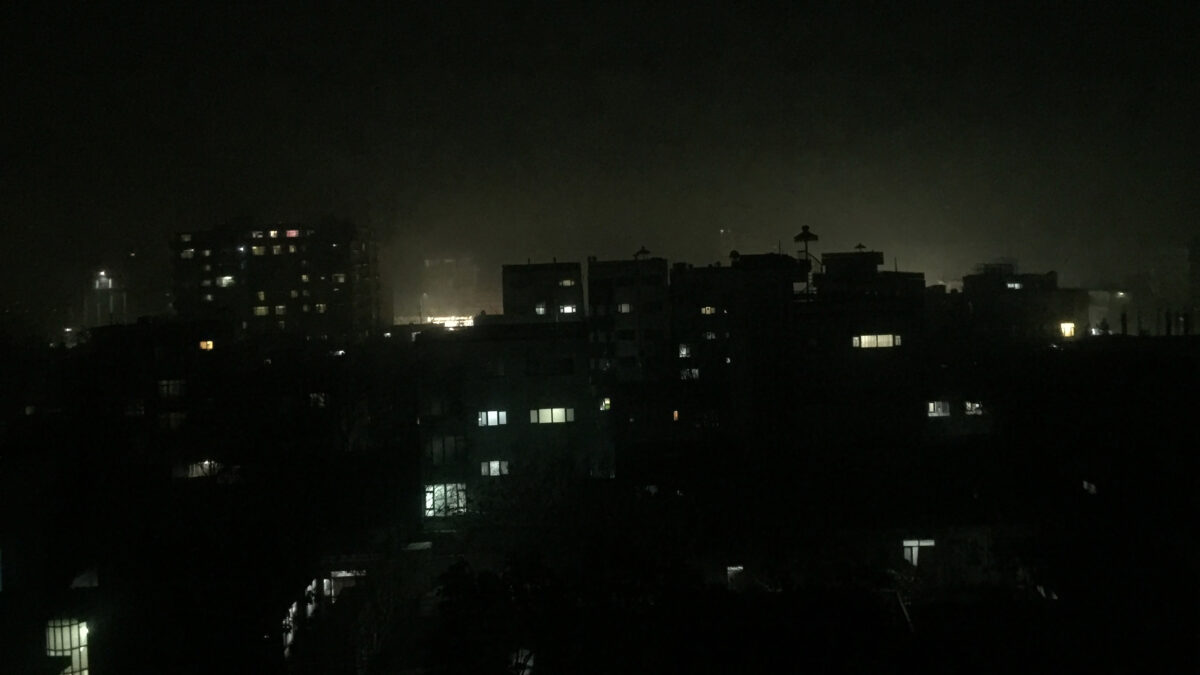Uzbekistan’s Energy Ministry and the Taliban-run ministry of foreign affairs said earlier this week that Tashkent would resume the export of electricity to Afghanistan on Wednesday but by Thursday night Kabul and other provinces still had no power.
Provinces affected by the power stoppage include the capital Kabul, Nangarhar, Laghman, Logar, Paktia, Khost, Parwan, Panjshir, Kapisa, Ghazni, Maidan Wardak, and Baghlan.
Based on an agreement between Kabul and Tashkent, Uzbekistan was obliged to export more than 400 megawatts of electricity to Afghanistan. This year, however, Tashkent failed to provide Kabul with the agreed amount of electricity amid one of the coldest winters in the past 15 years.
On Tuesday, Uzbekistan’s ministry of energy assured Afghanistan that Tashkent would resume exports on Wednesdays, however, a source from Afghanistan’s power utility company Breshna said Tashkent was still experiencing technical problems and would not be able to resume services as promised.
The outage affects millions of people in Afghanistan as 12 provinces, including Kabul, rely on power from Uzbekistan, and have not had much electricity for three weeks.
Many Kabul residents said without electricity, their water supply is also affected.
Mohammad Amin, one Kabul resident said their electricity has been “rationed” in the past few weeks. Another Kabul resident said they face many challenges without electricity.
Lala Shirin, who lives in Kabul, told Amu TV: “Without electricity, nothing can be done. We have many problems these days. We charge our mobile phones via the batteries of vehicles. They (authorities) said it (electricity) would be restored today, but the electricity has not been fixed yet.”
Alongside households, the electricity shortage has hit factories as well.
Nizamuddin, the owner of a fabric workshop in Kabul, said he uses a generator to keep his business going. He said his profits have plummeted due to the high price of fuel for the generator.
“Electricity [shortage] has created a problem, our whole business depends on electricity. Electricity has been cut for three to four weeks, we spent all our income to buy fuel for the generator,” Nizamuddin added.
According to reports, Afghanistan needs 1,360 megawatts of electricity, however, only 960 megawatts of electricity is being provided via import and domestic productions, of which nearly 70 percent is consumed in four major provinces of Afghanistan.
Afghanistan’s electricity company said that Kabul residents need 725 megawatts of electricity in 24 hours, but currently only 221 MW is being provided for the city through alternate power generating sources.




